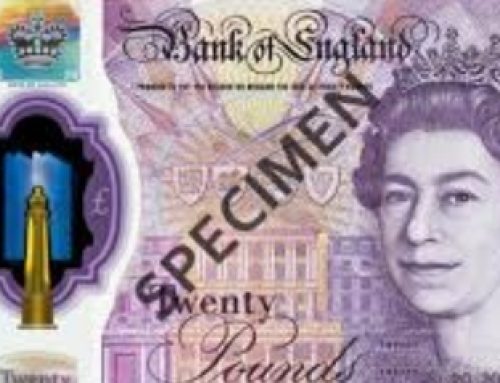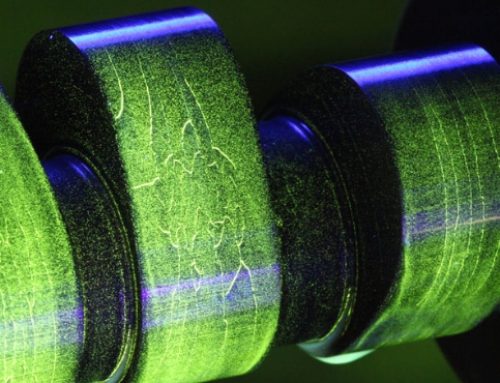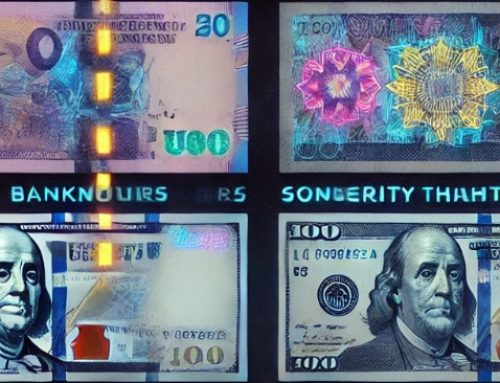In recent days, some provinces and cities in China have witnessed frequent outbreaks of virus, presenting a complex and grim situation in prevention and control.
In addition to expanding nucleic acid screening and joint prevention and control,
the Joint Prevention and control Mechanism under The State Council has decided to increase the number of virus antigen test boxes
as a supplementary means of nucleic acid testing in areas with serious epidemics. In the past two years, especially in early 2020,
when the epidemic was at its worst, China did not promote virus antigen test kits. Why would it promote them in 2022? There are three main reasons for this.
First, the novel coronavirus mutation has enhanced its concealment and spread faster. In order to outperform the virus and achieve dynamic social zeroing,
we need to expand nucleic acid screening through the promotion of virus antigen test kits.
Second, current nucleic acid testing has its limitations. It amplifies viral RNA by reverse transcription and then detects it by PCR.
The primers affects the nucleic acid detection processing, sampling standards, transportation process, experimental reagents and other aspects,
and any error in any link will lead to abnormal test results.
The third is the shortage of medical resources. Nucleic acid testing, especially large-scale nucleic acid testing, requires a lot of human,
financial and material resources. What’s more, the city’s medical system squeeze the limited medical resources and overwhelmed in the long run.
The use of virus antigen testing kits can avoid large gatherings of people and reduce the risk of cross-infection, and can reduce the investment of social resources.
Although the sensitivity and specificity of virus antigen test kits are not comparable to nucleic acid tests,
it is helpful for quarantine authorities to know the number of infected people in a community by using the kits for initial self-screening.
In addition, fluorescent microspheres will improve the detection sensitivity and specificity of the fluorescent immunochromatographic kit itself.
as tracer markers in combination with ultraviolet reagent detector (UV340). Professional UV reagent detection lamp can radiate specific UV wavelengths.
to produce fluorescence reaction of fluorescent microsphere markers and present them in the quality control area or detection area of antigen reagent card.




